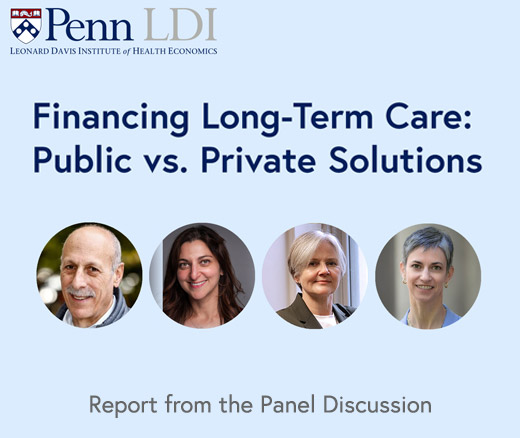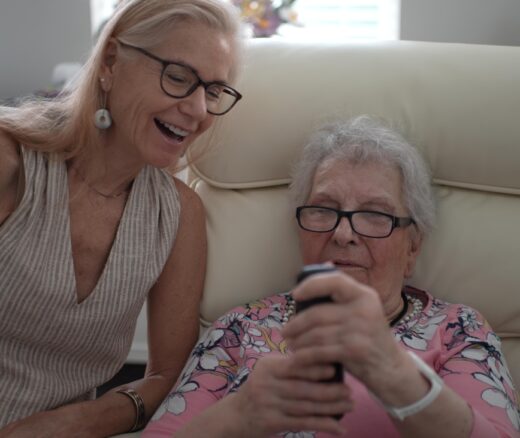
The Long-Term Care Experiment Everyone is Watching
Washington State’s First-in-the-Nation Insurance Plan Begins Payouts in Mid-2026, and Researchers Will Weigh its Effect on Care, Costs, and the Long-Term Care Markets
Improving Care for Older Adults
In Their Own Words

The following excerpt is from an op-ed that first appeared in The Chicago Tribune on April 21st, 2025.
When we heard the news of the deaths of Gene Hackman and his wife, Betsy Arakawa, we initially worried that it was a murder-suicide. Perhaps he, like Robin Williams, had decided that he was not suited for a prolonged decline, from dementia in his case, and his wife made the ultimate sacrifice to support his decision. As the facts have come out, however, the reality of their situation is bleaker than we imagined.
Hackman had Alzheimer’s disease, and Arakawa was his caregiver, looking after his daily needs and protecting his social image. When Arakawa became ill, she likely cared for Hackman to the end of her life, and then he endured another week alone in his home. This bond is a reality for the millions of caregivers who care for the 6.9 million Americans age 65 and older with Alzheimer’s disease. Their numbers are projected to double to 13.8 million by 2060.
Why do caregivers sometimes trade their own well-being for that of the person with dementia?
In a key way, the American health system encourages it. Each person has private relationships with their medical providers because the U.S. defines a “patient” as an individual. But dementia creates symptoms and problems that are shared between two people. So, when a caregiver needs treatment, it requires more doctor’s visits for that person while finding care coverage for the person with dementia.
In contrast, caregivers are expected to attend medical appointments with the person with dementia. During visits, caregivers serve as experts on the daily challenges of the people they serve. They are often the loudest advocates for the person’s unmet needs. But providers almost never ask questions about the caregiver’s well-being…
As we see it, two crucial changes to the medical system could improve the care for both the caregiver and person with dementia. First, there needs to be better assessment in medical visits of both parties. Ideally, this work would be done routinely with a standardized measure to capture the pair’s well-being.
Second, providers must be able to order tests and prescribe therapies if a caregiver needs them. One policy change might be amending the Medicaid waiver program, which allows states to tailor care and already supports access to family counseling for caregivers. We expect that improving outcomes for caregivers will improve the well-being of the person with dementia, often by using the same strategies already in place.
Without these two crucial changes, the terrifying scenario endured by Hackman and Arakawa will continue to be repeated.
Read the entire op-ed here.



Washington State’s First-in-the-Nation Insurance Plan Begins Payouts in Mid-2026, and Researchers Will Weigh its Effect on Care, Costs, and the Long-Term Care Markets

Issue Brief: Understanding Gaps and Opportunities to Advance Research and Policy

A Penn LDI Virtual Panel Looks Ahead at New Possibilities

Lessons from the Past, Imperatives for the Future

Technology Helps Older Adults Stay at Home—But May Delay Necessary Transitions to Higher Levels of Care

Her Transitional Care Model Shows How Nurse-Led Care Can Keep Older Adults Out of the Hospital and Change Care Worldwide